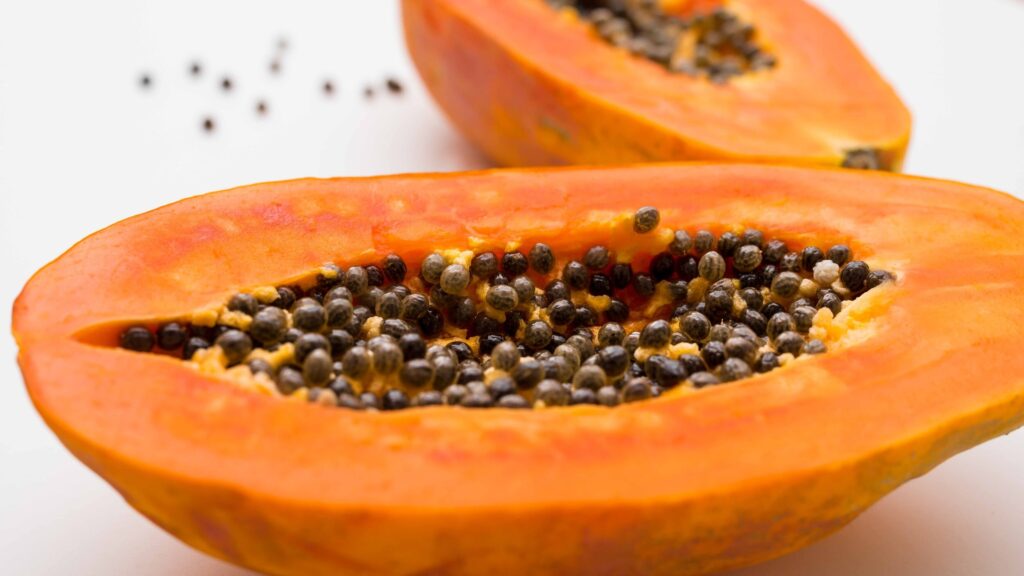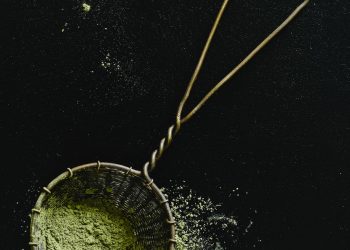An allergic reaction means your immune system responds to a particular food, dust, pollen, or other allergens by triggering a protein called histamine.
Histamine may have an inflammatory response to your healthy cells by swelling them up and leaking fluid from them. (1)
Histamine intolerance in your body is responsible for all the painful symptoms of an allergic reaction. A seasonal allergy may get you down with symptoms like a runny nose, clogged up sinuses, chest congestion, itchy-reddened eyes, etc. (2)
What are Natural Antihistamines?
An antihistamine is a drug that can prevent the activity of histamines. That means it can stop an allergic reaction and its symptoms from affecting you. (3)
The drug stores are full of antihistamine medicines. But these over-the-counter antihistamines come with the severe backlash of side effects, which may even outweigh their benefits.
Most antihistamines have sedating effects that can affect your everyday life. In the long run, these drugs may cause memory defects, irregularities in heart rhythms, and hamper your psychomotor and cognitive functions. (4)
But you need not resort to these life-risking medications in case of an allergic outbreak. Numerous herbs, foods, and supplements can effectively work as natural antihistamines.
These natural antihistamines may work as alternatives to Benadryl or other allergy medications. Natural ingredients are fully secure and, at times, more efficient in preventing the painful symptoms of allergy. (5)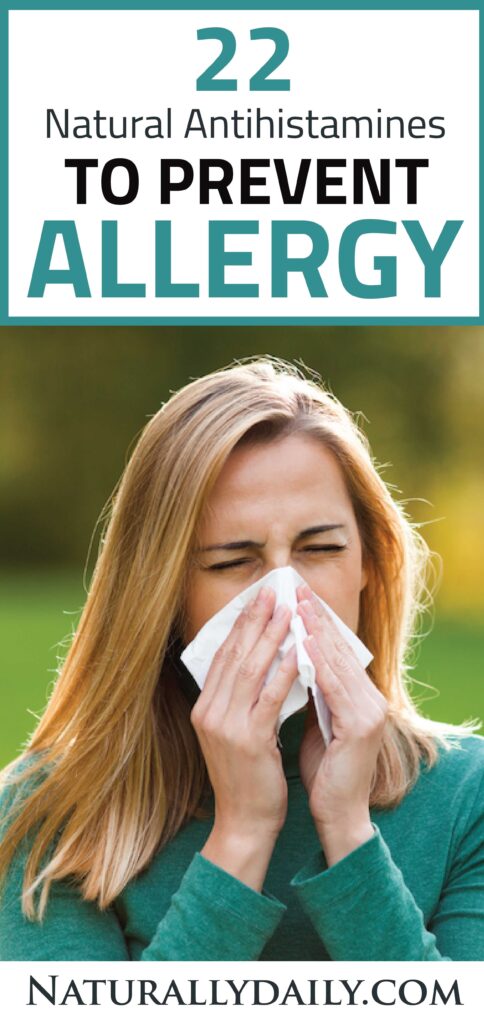
Let’s dive in and learn all about these natural ingredients.
1. Quercetin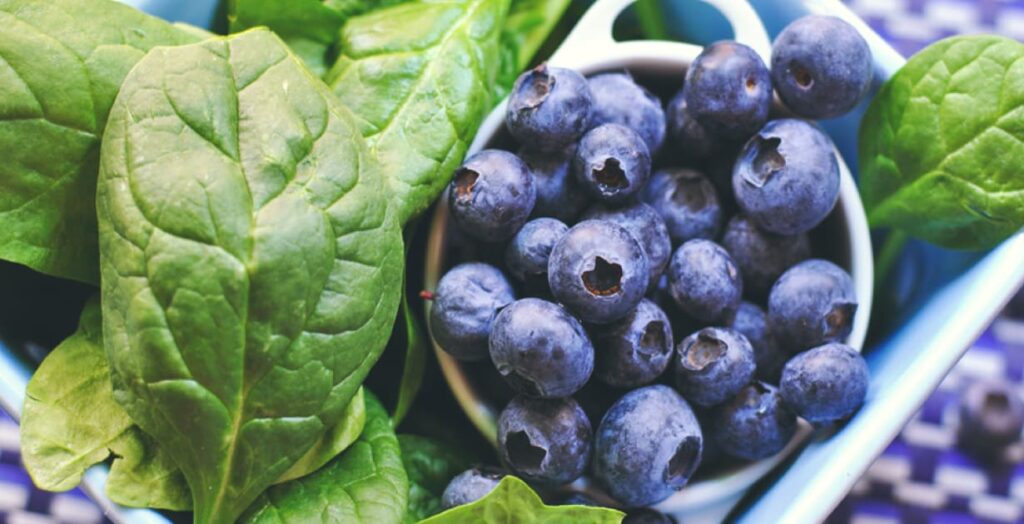
Quercetin is a potent flavonoid antioxidant that you get naturally in green vegetables, tomatoes, broccoli, onions, grapes, apples, berries, etc.
Health specialists often call it to plant pigment because it is richly present in leafy vegetables and colorful fruits. Quercetin is a natural antihistamine to prevent an allergic outbreak. (6)
Quercetin can fight the free radicals in your body because it is antiviral, antimicrobial, and anti-inflammatory. In addition, a quercetin-rich diet can lower the rate of respiratory inflammations, cancer, and allergy.
It can also provide longevity, improved heart health, stamina, and a robust immune system.
A study shows the positive effects of quercetin on rats with respiratory allergies. (7)
2. Bromelain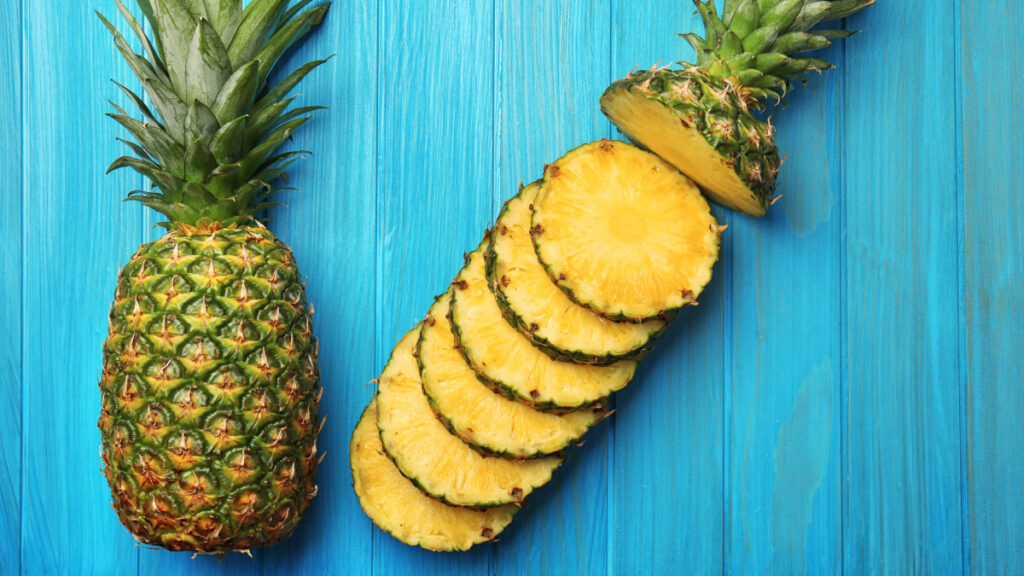
Bromelain is a medicinal food enzyme. You can get it in plenty from pineapple juice and its stem.
Bromelain is also available in supplement forms. Bromelain, as an antihistamine, is especially active against respiratory inflammations, a symptom of an allergy.
A recent experiment shows the fascinating results of bromelain for allergy relief. All the participants took 400-500 mg of bromelain thrice daily to eliminate allergic symptoms. (8)
3. Vitamin C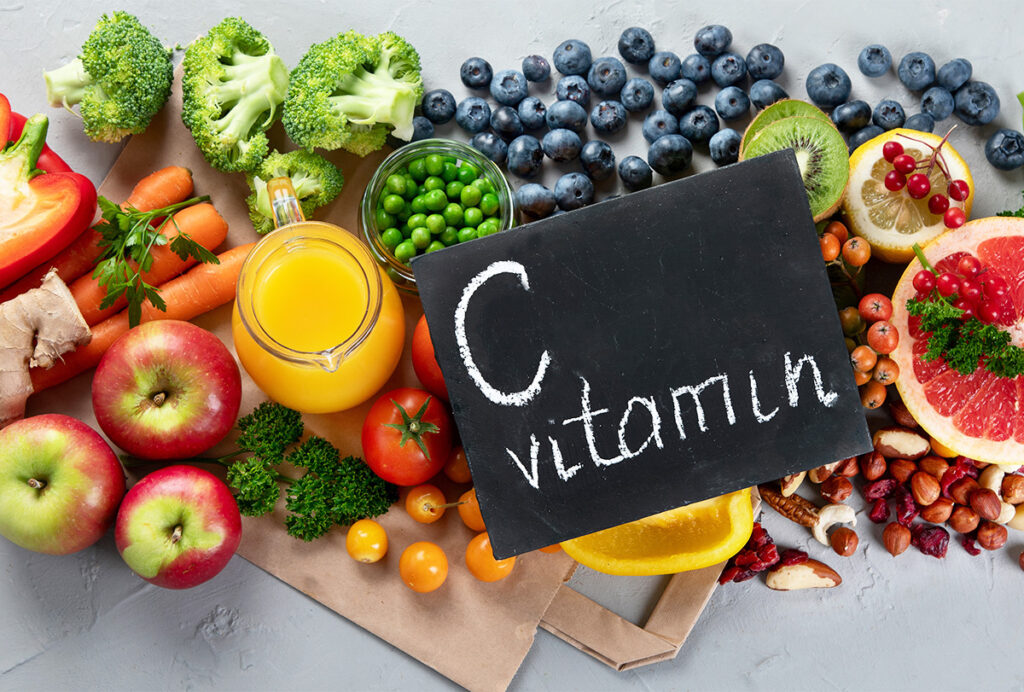
Vitamin C is a potent antioxidant and can lower oxidative stress in your body. In addition, it is a powerful source of natural antihistamine. You have plenty of vitamin C-enriched fruits and vegetables at your arm’s length.
These foods include kiwifruit, banana, tomatoes, papaya, berries, orange, lemon, broccoli, parsley, guava, etc. There are no toxic and harmful side effects of this vitamin.
With this natural antihistamine, you can comfortably treat the symptoms of seasonal allergies such as a runny nose, sinus pressure, chest congestion, etc. The health experts recommend taking 2 grams of vitamin C daily to get rid of allergic symptoms. (9)
4. Papaya
Papaya is full of vitamin C, antioxidants, and beneficial enzymes. In addition, papaya juice can work as a natural antihistamine to prevent the activities of histamine in your body. You can also massage papaya pulp on your affected skin to relieve allergic rashes.
5. Jewelweed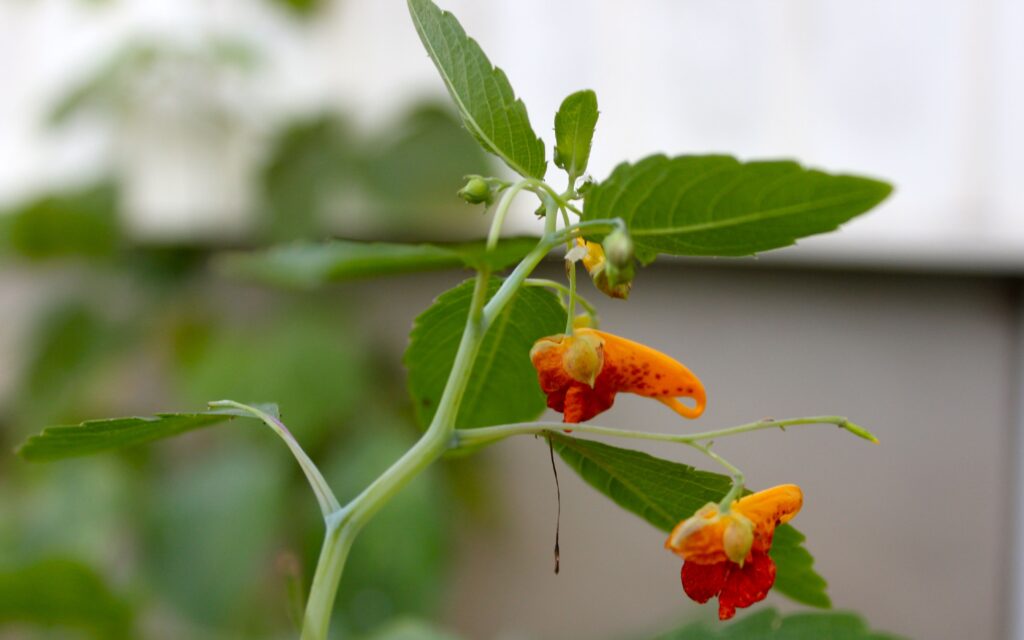
Jewelweed is a therapeutic plant of Impatiens capensis family. It has oval, almost trumpet-shaped leaves. This savior plant in your backyard is a natural antihistamine. Jewelweed has chemical compounds such as lawsone that can counteract the offending allergic reaction in your body. (10)
You can take some jewelweed leaves and tender stems and crush them to release the juice. Then, apply the herbal juice to the allergy-affected skin. The sooner you do this, the less the risk of allergic reaction and rash developing.
6. Stinging Nettle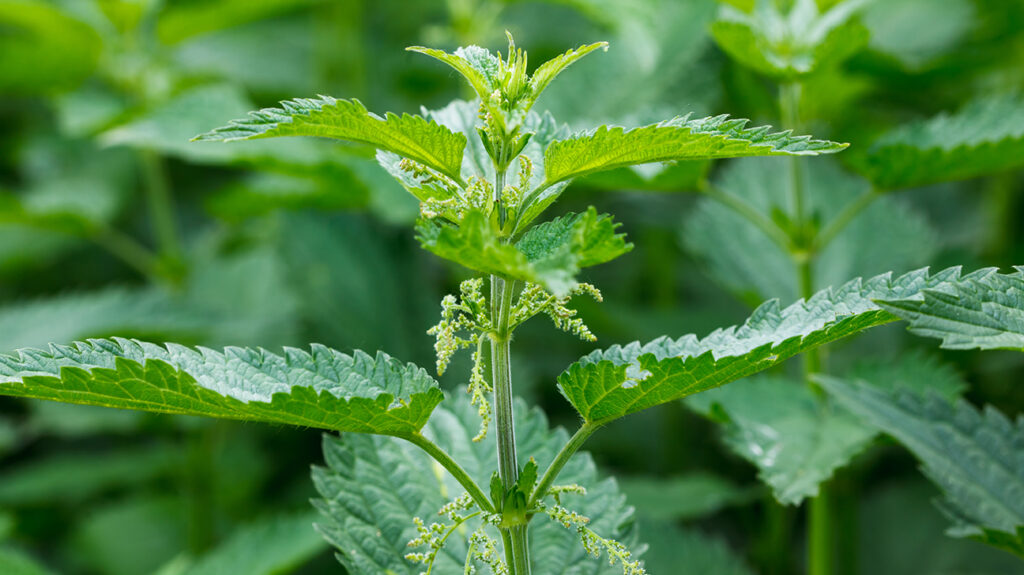
Stinging nettle or Urtica dioica is a medicinal herb for the Urticaceae family. It is a flowering plant native to Asia, Europe, North America, and Africa.
People have been using this pharmaceutical plant from ancient times to relieve muscle pains, arthritis, eczema, gout, urinary dysfunctions, and anemia.
A recent study in Northwestern Health Sciences University, USA, has revealed that stinging nettle can act as a natural antihistamine.
In an experiment, 58 participants used 300 mg of dried and refrigerated stinging nettle leaves. They reported finding relief from allergic reactions. (11)
7. Goldenseal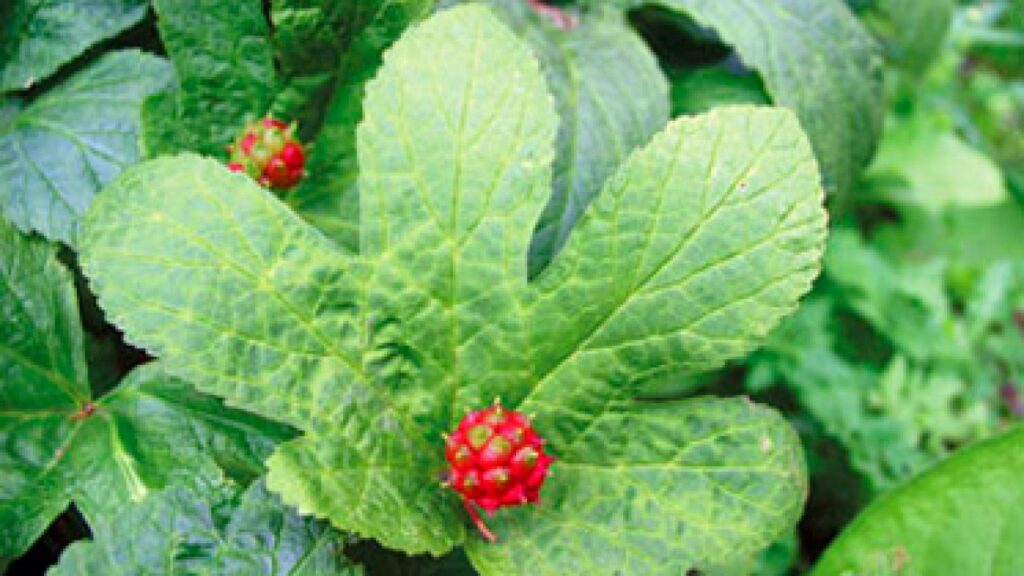
Goldenseal or oregano root is an excellent home remedy for all digestive disorders, eczema, menstrual cramps, acid reflux, and allergic rashes. Its chemical component, berberine, is anti-inflammatory and can effectively reduce histamine reactions’ symptoms. (12)
You can boil goldenseal powder and apply the lukewarm tincture on the affected skin to relieve the symptoms.
8. Vitamin A
Vitamin A is a power pack of antioxidants and anti-inflammatory properties. Apart from stopping the histamine secretions and blocking the allergic symptoms in your body, it has some extraordinary health benefits. For example, vitamin A contributes to improved vision, healthy skin, brain functions, etc.
You can add vitamin A-rich fruits and vegetables to your diet to get the best out of this vitamin. Some of these natural antihistamine foods include: mangoes, carrots, cabbage, spinach, apricots, eggs, liver, green leafy vegetables, etc. (13)
9. Flavonoids
Flavonoids are phytonutrients or polyphenols in plants. When you consume the produce of these plants as food, they can work as potent antioxidants in your body. (14)
Flavonoids are another source of natural antihistamines. Especially the carotene flavonoid in specific tea, sweet potatoes, strawberries, citrus fruits, red wine, and soy products can work as antihistamines. (15)
10. Omega-3 Fatty Acids
Omega -3 fatty acids in salmon fish, fish egg, spinach, soybean, walnuts, flaxseed oil, cod liver oil, mackerel, hemp seeds, etc., are your natural antihistamines. They can prevent the outbreak of allergic symptoms.
Omega-3 fatty acids can fight inflammations and reduce heart disease, arthritis, and cancer. Because your brain is full of concentrated omega fatty acids, it is also suitable for cognitive and behavioral functions. (16)
11. Fennel Seeds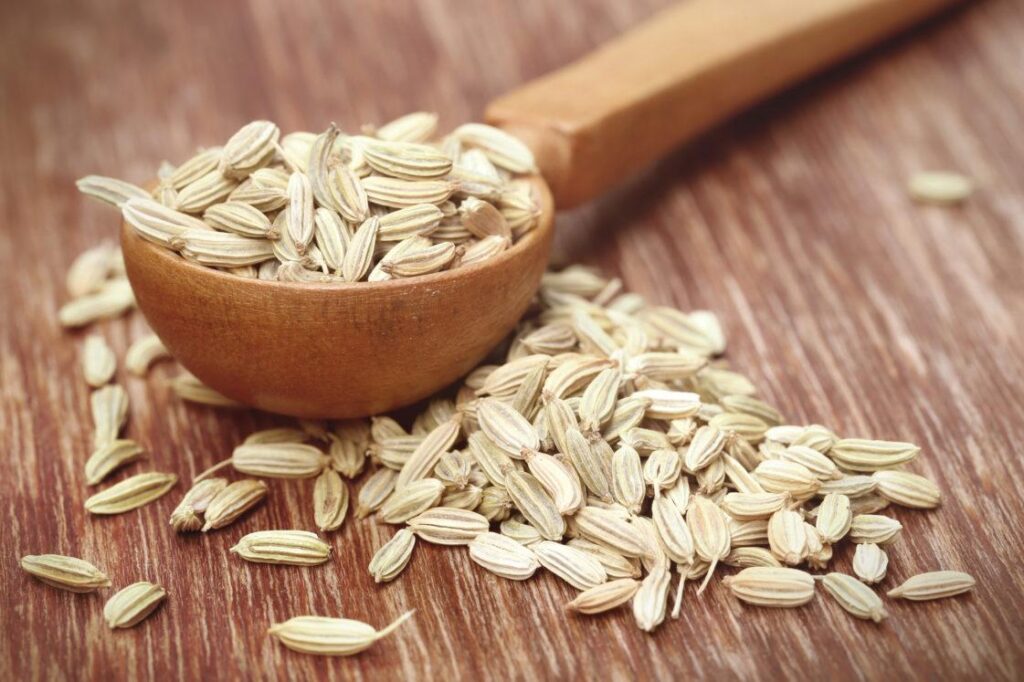
They come from aromatic fennel herbs and are an essential ingredient in Asian cuisine. These sweet-scented seeds contain a long list of vitamins, minerals, antioxidants, quercetin, and flavonoids. (17)
Fennel seeds can effectively treat your allergic symptoms.
People use fennel seeds as a home remedy for stomach disorders such as gas, acid reflux, etc. You can munch on a teaspoon of fennel seeds a few times a day or have a cup of fennel tea to relieve the symptoms.
12. Chamomile Tea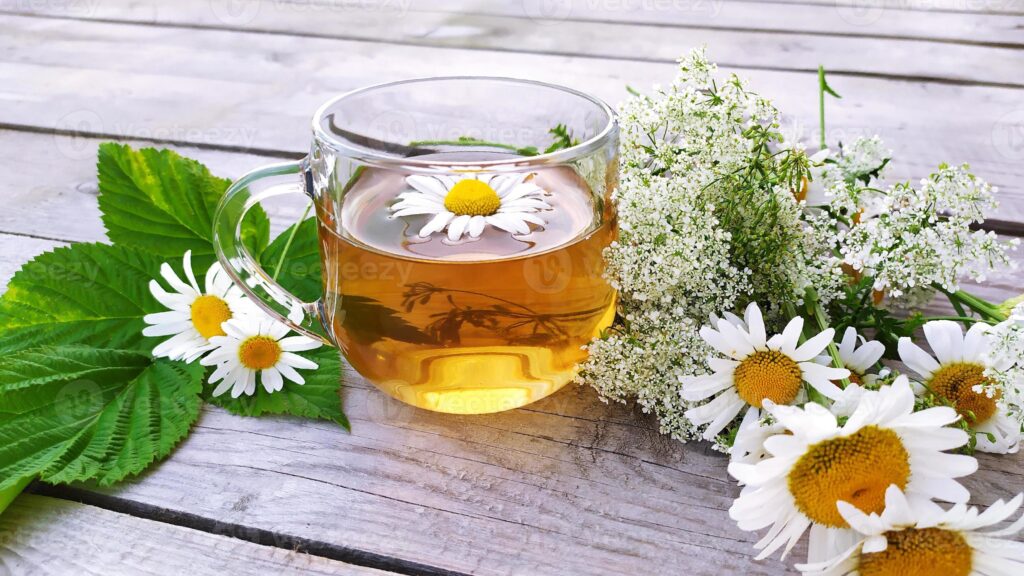
Chamomile tea is rich in anti-inflammatory properties and flavonoids. Therefore, this herbal tea has various health benefits besides acting as an antihistamine.
Chamomile tea can relieve stomach pain and, as an antidepressant, can also deal with your stress. (18)
Drink 2-3 cups of chamomile tea daily to lower allergy symptoms.
13. Fenugreek Tea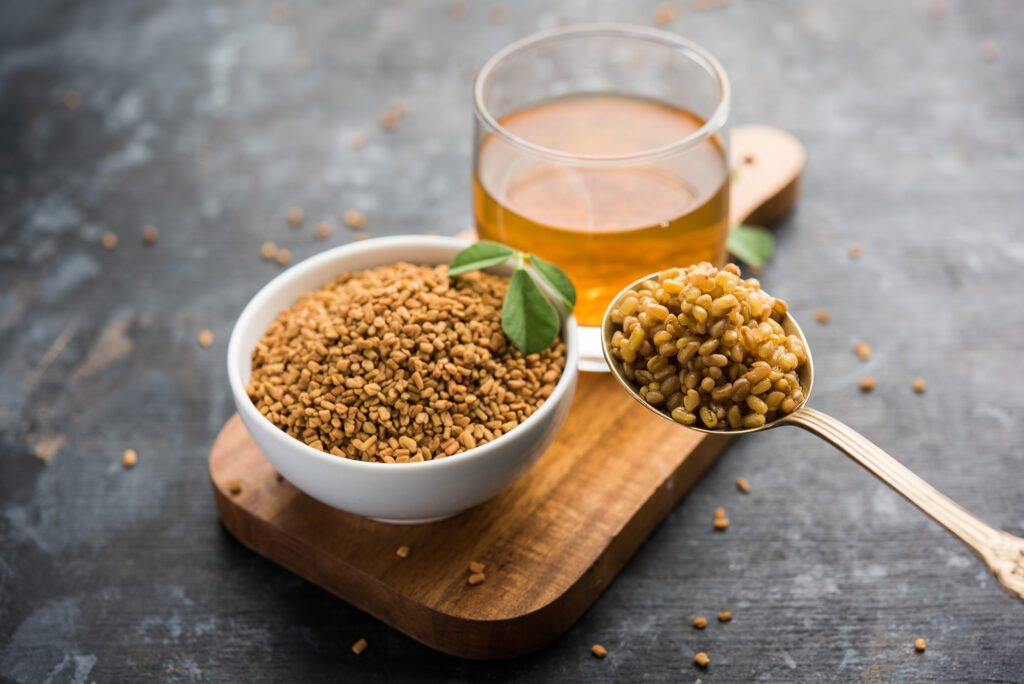
The aromatic fenugreek seeds or methi come from the fenugreek herbs. Fenugreek seeds have a long tradition of medical uses in the Indian subcontinent. It has a spicy taste and a strong smell.
Fenugreek seeds’ anti-inflammatory and antibacterial properties make them a potent natural antihistamine. (19)
You can soak 1 teaspoon of fenugreek seeds in a cup of water overnight. In the morning, strain the water and warm it up. Mix a teaspoon of honey with the fenugreek tea and drink it up.
14. Garlic
Garlic has a sulfur compound called allicin. Allicin is the primary healing agent in garlic. There are also antiviral enzymes hidden in every clove of this natural antihistamine. (20)
It is high in antioxidants and prebiotics to relieve common allergy symptoms like sinus pressure, respiratory problems, runny nose, headaches, itchy skin, etc.
15. Holy Basil
Holy Basil or Ocimum Tanuiflorum comes from the basil family. People admire its subtle mint flavor. Basil is an adaptogen and a natural antihistamine. (21) It can stabilize your mast cells and neutralize the histamine intolerance in your body. You can prepare your salads with a garnish of freshly chopped basil leaves. Alternatively, you can treat yourself to a cup of basil tea to get the best out of this medicinal herb.
16. Thyme
Thyme or Thymus Vulgaris contains vitamin C, flavonoids, and antibacterial properties. These super chemical compounds make it an ideal antihistamine to fight off the inflammations and neutralize histamine activity. (22)
17. Peppermint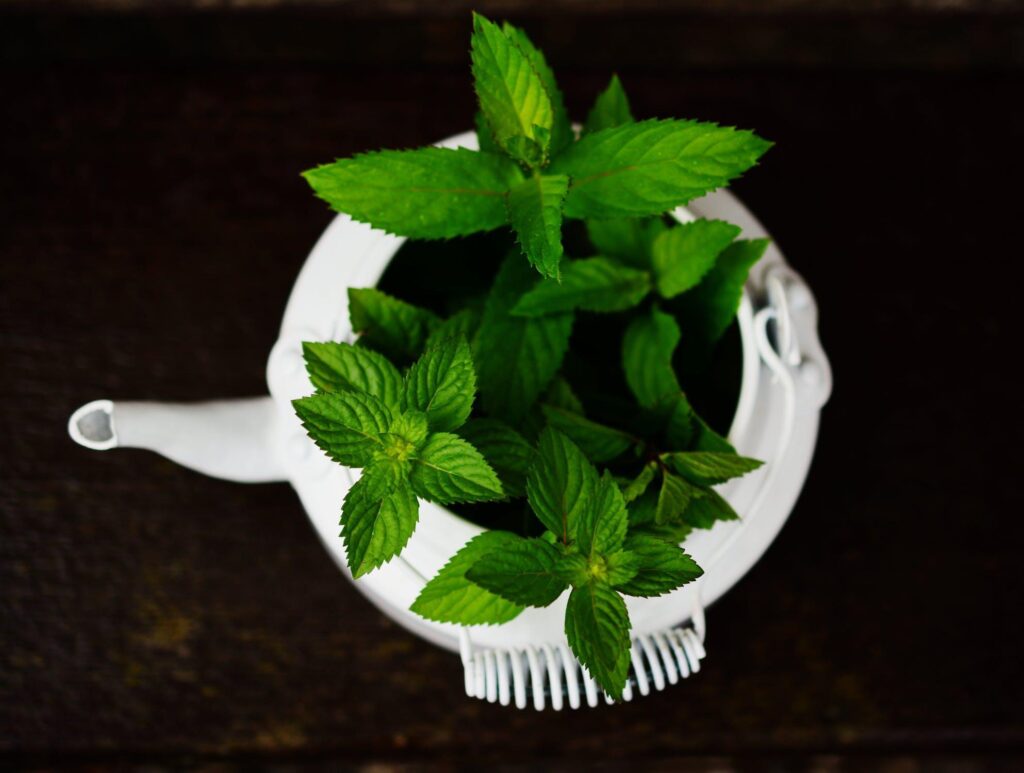
Peppermint leaves or Mentha Piperita are popular for their sweet menthol flavor. These aromatic leaves have a rich flavonoid store to fight against nasal allergic rhinitis. Thus peppermint makes an efficient natural antihistamine or H2 antagonist. (23)
18. Himalayan Salt
The aesthetic-looking pink Himalayan sea salt is more than what meets the eye. It has an extensive list of therapeutic benefits. There are over 84 minerals along with calcium, potassium, iron, and magnesium (24).
For centuries people have used it for a different home remedies. The antihistaminic and sulfur nature of Himalayan Salt makes it a potent treatment for allergic rash. You can consume a pinch of Salt when the allergic symptoms break out. You’ll observe the good results in no time.
19. Turmeric
You’ll be surprised to know that turmeric has a long tradition in Indian culinary and Ayurvedic history. As an antihistamine agent, it can boost your immune system and prevent histamine secretion.
The health benefits of this herbal root come from its most active compound- curcumin 1.
A 2015 medical journal on curcumin reveals some fascinating facts about curcumin 1, present in turmeric. It shows that curcumin 1 has strong antibacterial potency against four different types of infections. (25)
20. Thai Ginger
Thai Ginger or galangal is a citrusy flavored root from the ginger family. It is high in antioxidants and anti-inflammatory properties. Thus it makes a great antidote to histamine or allergic reactions.
Experiments on its medicinal benefits have proved that Thai ginger can balance your body’s mast cells and stop anaphylaxis (26). It is also potent to curb respiratory disorders, seasonal allergies, colds, and flu.
You can crush 2 pieces of galangal roots and prepare galangal tea. Drink this tea thrice a day to prevent allergic outbreaks.
21. Black Cumin Seeds or Black Seeds
Black cumin or black seeds come from the miraculous herb Nigella Stevia. Father of modern medicine Avicenna mentions its medicinal values in his ‘The Canon of Medicine.’
A medical journal published in 2013 reports black seeds’ antimicrobial, antioxidant, and anti-inflammatory properties. In addition, it has the protein kinase C to fight against allergies and bronchial asthma.
Notably, it is a master in treating skin infections. An active component Thymoquinone is antifungal to cure skin infections. (27)
Black seeds can treat disorders of the respiratory system, kidney, heart, digestive tract, and liver and boost the immune system.
You can use this kitchen ingredient generously to prepare your food items
22. Pomegranate Juice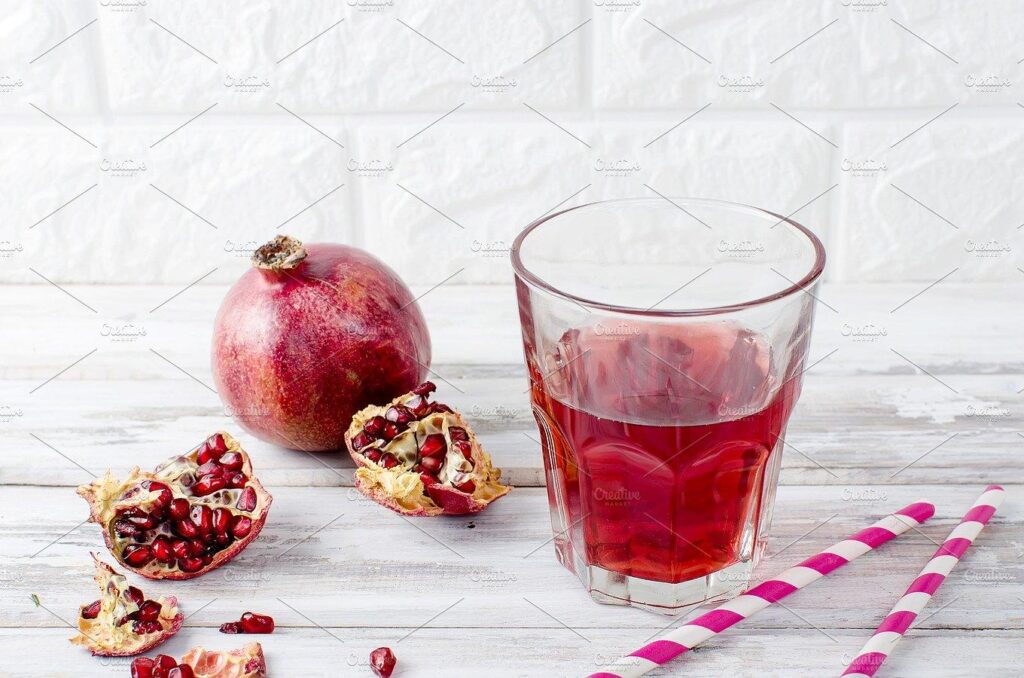
You can resort to delicious pomegranate juice to prevent the activity of histamine in your body. This royal-red fruit contains vitamins, antioxidants, minerals, tannins, and anthocyanins polyphenols. (28) These can be active antihistamine agents and curb allergic outbreaks.
23. Magnesium
Magnesium is responsible for initializing more than 300 enzymes and biochemical activities in your body. A lower intake of magnesium-enriched foods can lead to higher rates of inflammatory diseases among adults. (29)
So make it a point to add magnesium-rich foods to your daily diets to keep inflammations and allergic reactions at bay. Some magnesium-rich antihistamine foods include almonds, cereal, spinach, pumpkin seeds, yogurt, etc.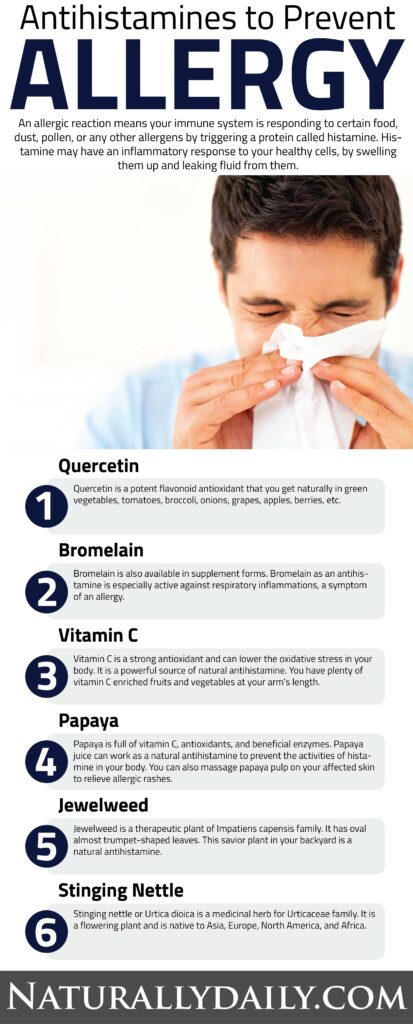
Bottom Line
You have learned that the solution to seasonal allergies is at your arm’s length. So don’t panic the next time you experience any of the symptoms of an allergic outbreak.
Natural antihistamines may act as substitutes for Benadryl or other medications.
Moreover, it is advisable that you lead a stress-free life, indulge in physical activities, and take enough rest daily. Also, do yourself a favor by avoiding foods your body doesn’t agree with.
In case the allergic symptoms persist and lead to complications, consult with a doctor.
Read more: 12 Quick Ways to Get Rid of Mucus Naturally.

